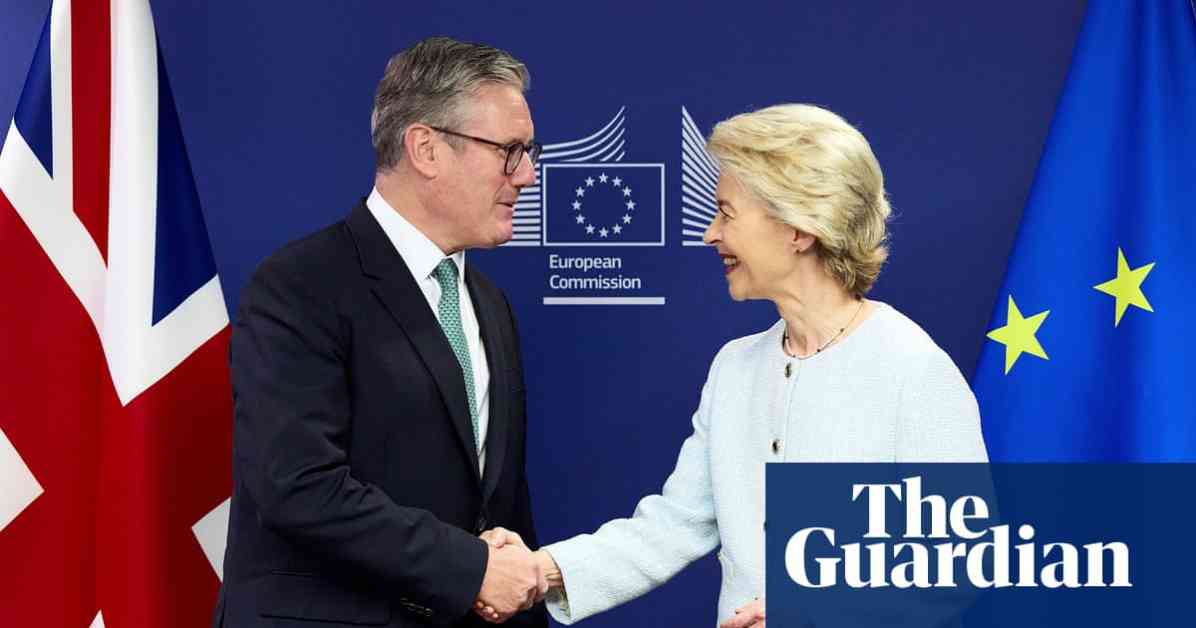Britons Open to Free Movement for Single Market Access
A recent study conducted by the European Council on Foreign Relations (ECFR) has revealed a surprising shift in the attitudes of Britons towards free movement in exchange for access to the single market. The study, which polled over 9,000 people across the UK and five of the EU’s most populous countries, found that a majority of Britons who voted to leave the EU would now be willing to accept free movement for EU and UK citizens in order to regain access to the single market.
Changing Dynamics Post-Trump and Ukraine Crisis
The report highlighted that recent global events, such as Russia’s invasion of Ukraine and Donald Trump’s presidency, have fundamentally altered the landscape of EU-UK relations. The surge in net migration to the UK post-2016 led many Brexit supporters to rethink their stance on immigration, viewing Brexit no longer as the solution. This shift in perspective has paved the way for a more open attitude towards free movement.
Public Support for Closer EU-UK Relations
The study also found that a significant percentage of British voters, including supporters of various political parties, expressed support for closer ties with the EU in exchange for single market access. There was also backing for a reciprocal youth mobility scheme for 18- to 30-year-olds, a key ask from EU leaders.
Call for Ambitious Reset in Relations
In light of these findings, the report urged both the UK and the EU to take bold steps towards restoring their relationship. It emphasized the importance of public opinion, which seemed more open to a reset than the governments on both sides of the Channel. The report suggested that a stronger partnership between the UK and the EU would benefit both parties amidst current global challenges.
Overall, the study’s results indicate a significant shift in attitudes towards EU-UK relations, with a growing willingness among Britons to reconsider free movement in exchange for single market access. The findings underscore the importance of public opinion in shaping diplomatic decisions and highlight the potential for a more cooperative future between the UK and the EU.












